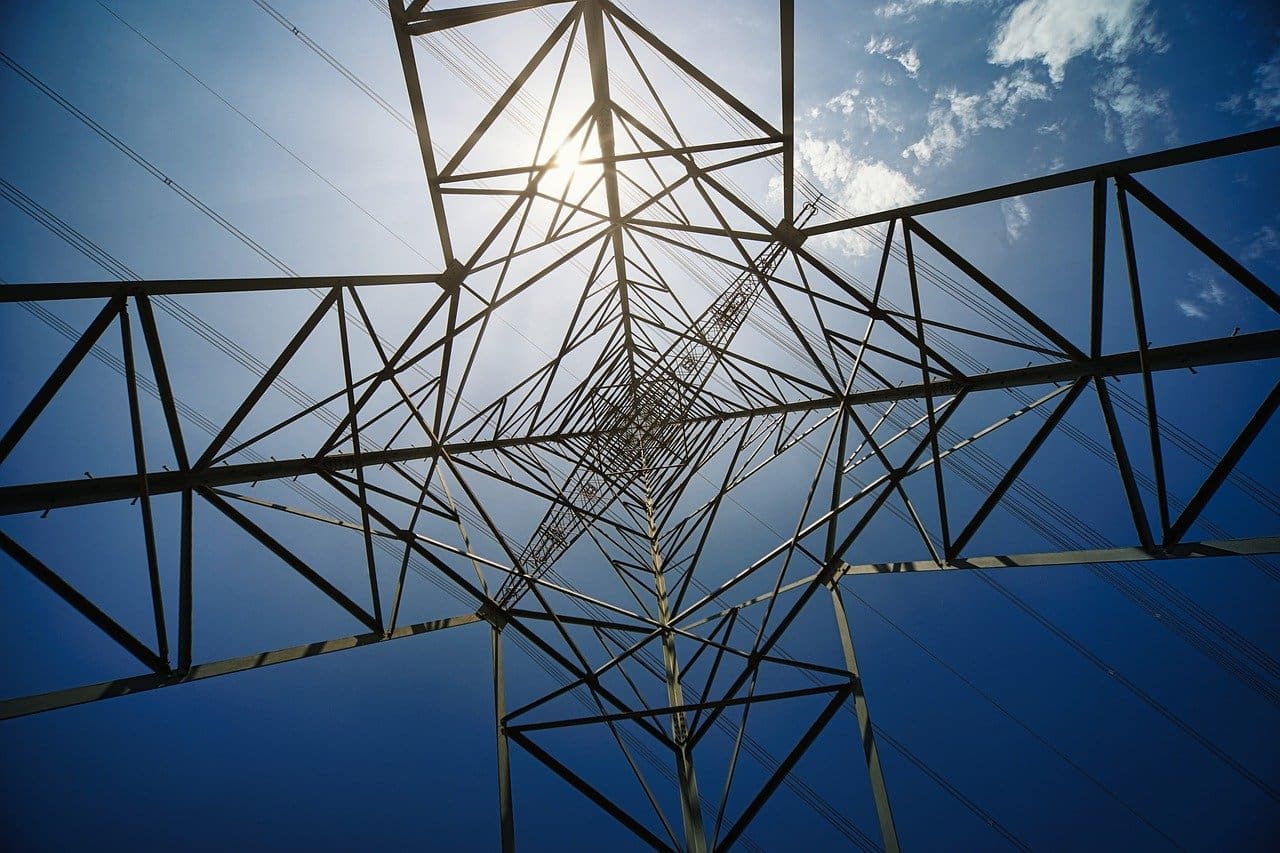While the future looked bleak for clean energy crusaders this week with the risk of losing a quorum, the U.S. Senate approved three Biden nominees to serve on a top energy regulatory panel. The nominees, two Democrats and one Republican, were deemed essential by the renewable energy industry and environmental watchdogs, who argued that a complete group of commissioners must be maintained to tackle the aging electrical grid and other critical energy issues before those problems grow impossible to rectify.
“We are pleased to see FERC will be restored to a full roster, which will help provide regulatory certainty and the attention needed on key questions impacting our nation’s energy systems,” said Todd Snitchler, President and DEO of the Electric Power Supply Association (EPSA). This group represents power plant owners competing in the electricity markets.
Completion of the commissioning group has been a hot topic circulating Capital Hill. Ted Kelly, director of the Environmental Defense Fund, pointed to the need for all five-panel seats to be filled to provide outlets for delivering reliable, affordable, and clean power solutions to all citizens throughout the country. Senate Majority Leader Chuck Schumer, D-N.Y., said that while the FERC is tasked with critical duties like regulating interstate transmission of electricity, oil, and natural gas, its work typically goes unnoticed by U.S. citizens, but its role remains vital.
“Every time you turn on the light or touch the thermostat or see new power lines go up, the rules, regulations (and) policies of FERC are at work,” said Schumer and added that leaving panel seats vacant “could create serious backlog and delay, potentially slowing down new projects that power people’s homes and cities.”
Earlier this year, FERC commissioner and Democrat Allison Clements announced her decision to refrain from seeking a second term, leaving the commission staffed by Chairman Willie Phelps, Democrat, and Commissioner Mark Christie, Republican. The newest approved commissioners are David Rosner, a Democrat and FERC energy industry analyst; General Lindsay See, Republican, who led West Virginia’s legal battle against the EPA and its carbon rules; and Judy Chang, a Democrat, and energy economist. Chang previously served as the undersecretary of energy and climate solutions for the Massachusetts Commonwealth and remains active as an adjunct lecturer at Harvard’s Kennedy School.
With the open seats, the FERC danced closely to non-compliance. By law, the FERC must maintain five members, with no more than three affiliated with the same political party. Serving five-year terms in a staggered formation, FERC commissioners are appointed by the President of the United States with the “advice and consent of the Senate.”
While the FERC will continue to move into the future with its Democratic majority, Rosner’s nomination has been met with criticism. Friends of Earth insisted his link to the fossil fuel industry disqualifies him. He questions his association with the Senate Energy and Natural Resources Committee, led by Joe Manchin of West Virginia, who abandoned the Democratic party in May and registered as an independent.
Opposition has continued to heat up, with the American Energy Alliance criticizing Chang’s history of opposing new natural gas pipelines. The Senate, however, has followed a blueprint in picking its battles by filling panel seats and overpowering the desire to spar over individual nominees and their origins.
“We all know that having a fully staffed FERC is going to make a lot of difference in what we do in this country,” said Manchin to colleagues on Tuesday. “Each of these nominees demonstrated deep experience in energy and legal matters, a commitment to follow the law and work within the authorities Congress has provided to FERC, and a recognition that all of our nation’s sources play an important role in providing affordable, reliable energy to families and businesses across our country.”
Nick Vaccaro is a freelance writer and photographer. In addition to providing technical writing services, he is an HSE consultant in the oil and gas industry with twelve years of experience. Vaccaro also contributes to SHALE Oil and Gas Business Magazine, American Oil and Gas Investor, Oil and Gas Investor, Energies Magazine and Louisiana Sportsman Magazine. He has a BA in photojournalism from Loyola University and resides in the New Orleans area. Vaccaro can be reached at 985-966-0957 or nav@vaccarogroupllc.com.






